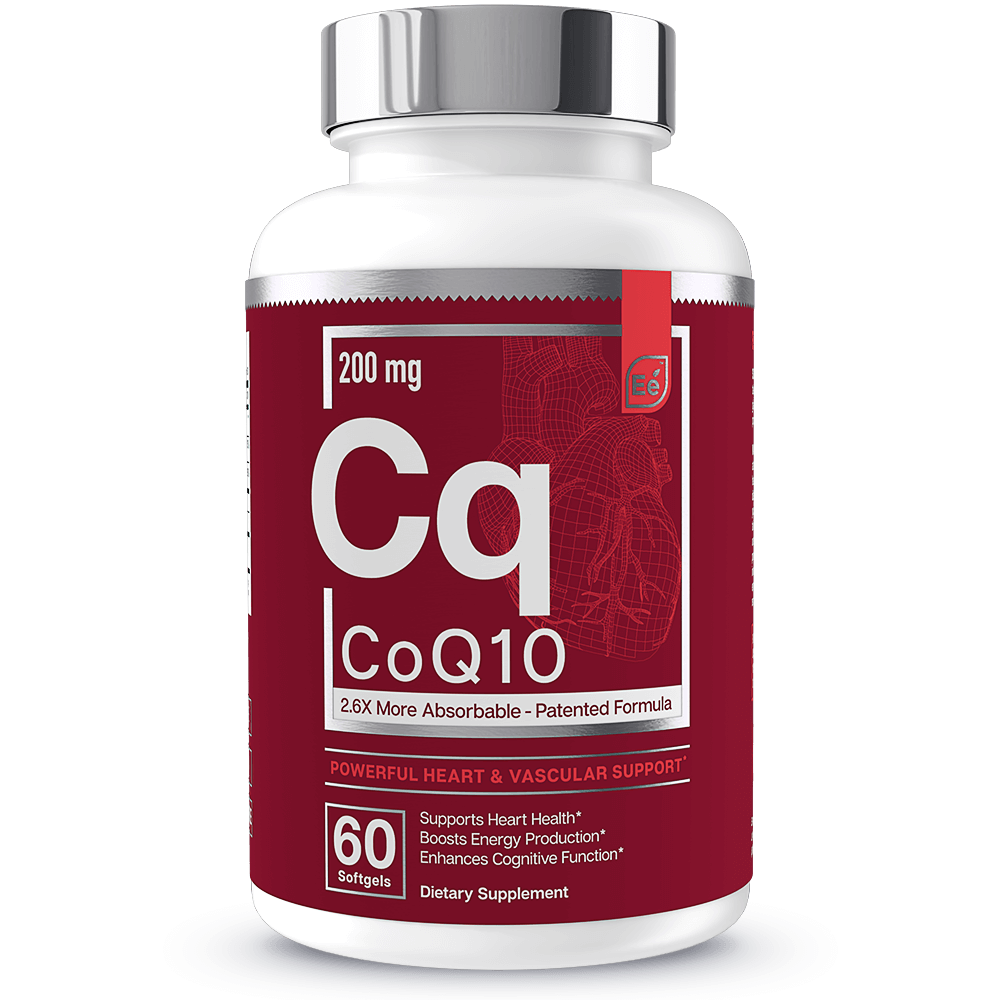What You Eat Post-Workout Is Important: After Workout Meal Plan Tips
7 minute read

Getting in shape requires more than just working out. In order to properly fuel your body, promote weight loss, and support healthy muscle growth, you need to eat the right foods.
Most people plan what to eat before workouts, but not many consider the food they eat post-workout. What you consume after the fact is just as important and is critical to your fitness and overall health.
Without the right dietary support, all those hours in the gym, the endurance training, and the cardio are all a waste of time. To make the most of your workout time, you need to be eating the right foods.
Too much focus on the program and the exercises while neglecting your diet can not only lead do injury, but it can also prevent you from getting in shape. By learning what to eat after your workouts, you can make the most of your gym efforts.
What Happens Post-Workout
Exercise, whether it be cardio, strength training, or endurance training, provides many health and aesthetic benefits. Despite this, exercise of any kind is a physiological stress that you identify as muscle soreness, the need for extra sleep, and increased appetite.
| Related: The Best Exercise for Aging Muscles |
Whenever you feel these symptoms, your body is telling you that muscle fuel resources have been depleted. It also means there could be minor damage to your muscles and replenishment and repair is required.

Over time your muscles adapt and get better at meeting the demands exercise is placing on them. For endurance exercises, muscles may be damaged in the short term, but your system will eventually change and build itself into a better aerobic machine.
With strength training, you tear down weaker muscle fibers to build bigger ones, a process known as remodeling.
During the period of time directly following exercise, your carbohydrate muscle stores and protein structures are being broken down. Your immune system recognizes this and attempts to rectify the situation.
| Related: Regular Exercise for Cognitive Health in Over-50s |
If your diet is lacking in carbohydrates and protein, this cannot happen and you will end up with muscles that never reach their potential. You may be aware that you need to feed your muscles before a workout, but you cannot forget to feed them afterwards, too.
Feed Your Muscles
No matter what exercise you perform, you must take post-exercise nutrition seriously. This not only keeps your muscles healthy, but it allows you to get the most out of your efforts.
All exercises use carbohydrates for energy, so depletion of stores is inevitable. The post-workout meal is the ideal opportunity to replace these carbohydrate stores.
During exercise you need to have enough carbohydrates to trigger a substantial insulin release, as this is the hormone responsible for pushing carbs and amino acids into your muscles. When this occurs, carbohydrate re-synthesis speeds up, creating a positive protein balance that repairs muscle tissue rapidly.

The best carbohydrate foods to eat post-workout include:
♦ Sweet potatoes
♦ Brown rice
♦ Whole wheat bread
♦ Potatoes
♦ Oatmeal
♦ Green vegetables
♦ Beans
Protein is also depleted during exercise, so the more you eat after the workout, the better off your body will be. You can effectively repair the important structural components of your muscles.
| Related: The Wondrous Benefits of Sweet Potatoes |
The post-workout period allows your body time to decrease its rate of protein synthesis and increase the rate of protein breakdown. Amino acids and protein are beneficial for reversing this trend, so that your body can increase protein synthesis instead.
The best protein-rich foods to eat include:
♦ Eggs
♦ Poultry
♦ Quinoa
♦ Yogurt
♦ Spinach
♦ Avocado
♦ Chickpeas
♦ Beans
♦ Whey protein shakes

The Post-Workout Meal
By now you should be seeing the theme of the post-workout meals; carbohydrates and protein galore. You also need to make sure these meals are low in fat or fat free if possible.
The consumption of essential fats is an area of nutrition that is often overlooked. After your workout, the consumption of fat can actually lower the effectiveness of the food you eat.
Fats slow down the movement of food through your digestive system, so eating too much fat after a workout will delay the digestion and absorption of those much-needed carbs and proteins. The best time to eat is directly after your workout while your muscles are depleted and craving the protein and carbohydrate refill.
This is also the opportune time, as your muscles are physiologically primed for nutrient intake. This ideal time for eating is known as the “anabolic window” and is the best time to feed your muscles.
| Related: Powerful Qigong Exercises for Knee Strength |
Once your body passes this window and enters a recovery phase, the potential benefits of the food will gradually diminish. As more time passes between exercise and eating, glycogen replenishment starts, and you risk promoting a full muscle recovery.
Aim to eat your meal within one hour of completing your workout to prevent the repair of proteins from becoming compromised.
Food Versus Supplements
After a workout, you may be tired and the thought of eating a full meal may not be appealing. There are some circumstances where liquid supplemental nutrition is a better option.

The stress from an intense workout causes your hunger center to shut down, so you likely will not feel hungry. A liquid supplement can provide the protein and carbohydrates you need to remodel muscles and recover.
Liquid supplemental options are easy to consume and are often full of nutritional value. They are also simple and easy to digest, making sure the carbs and proteins are promptly absorbed and delivered where needed.
Typically the proteins and carbohydrates used to make these drinks are fast-absorbing, so they will work better than whole foods when it comes to replenishment and repair. The overall digestion time is within an hour, as compared to the three to six hours it can take for a meal to be digested.
The Bottom Line
Diet is an important aspect of getting in shape and building muscles, specifically what you eat after a workout. Specific nutrients are needed after exercise to maximize recovery and to maximize the efforts you are putting in.
Water, high glycemic index carbohydrates, and amino acids are essential to muscle recovery. Whether you make a light but recovery-packed meal or a nutritiously dense liquid blend, make sure you feed your muscles after they exercise.
You may not feel hungry, but your muscles definitely will be.
READ NEXT >>> Exercise and Weight Loss for Your 20s to 60s























 Health Guides
Health Guides
 Latest Research
Latest Research


